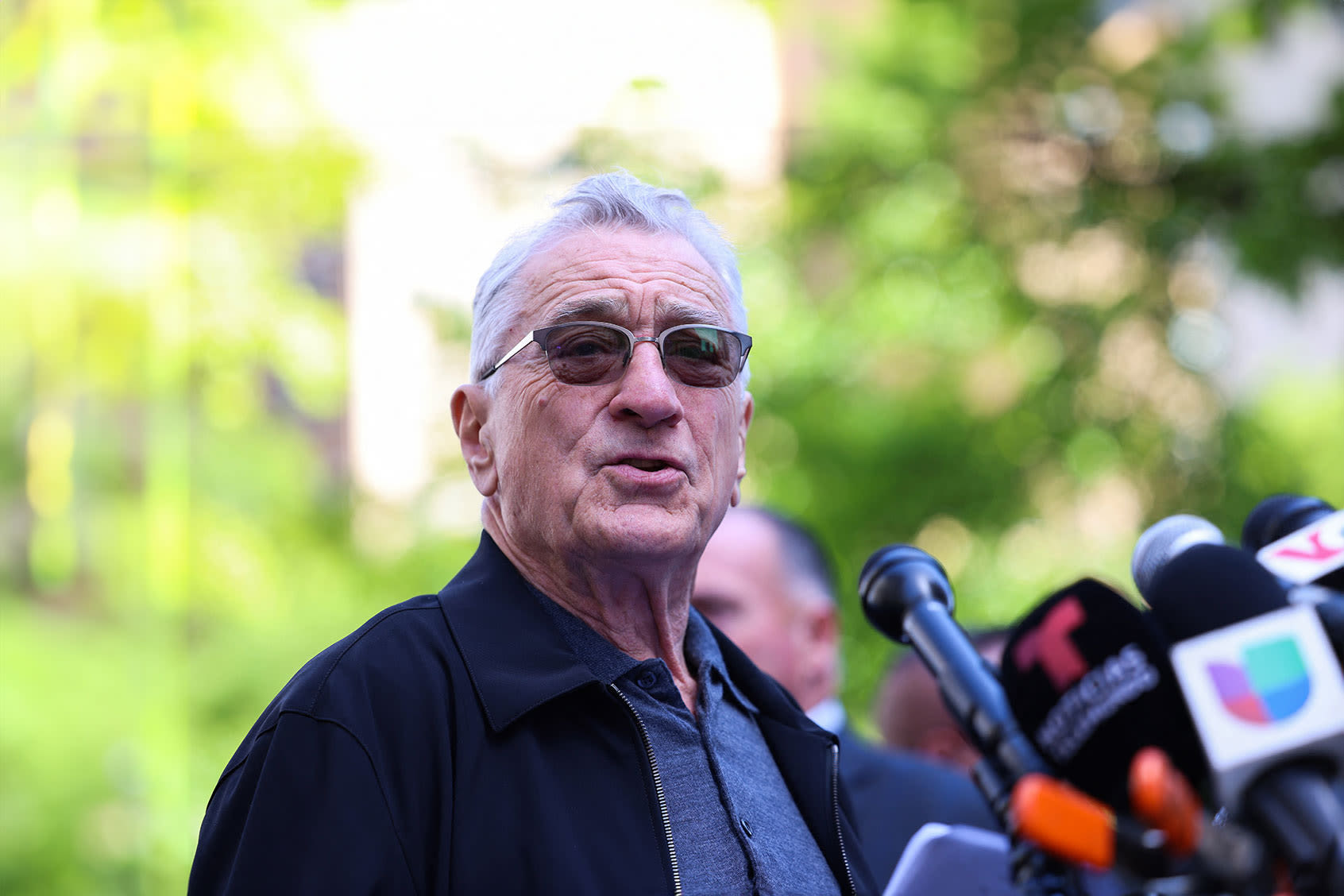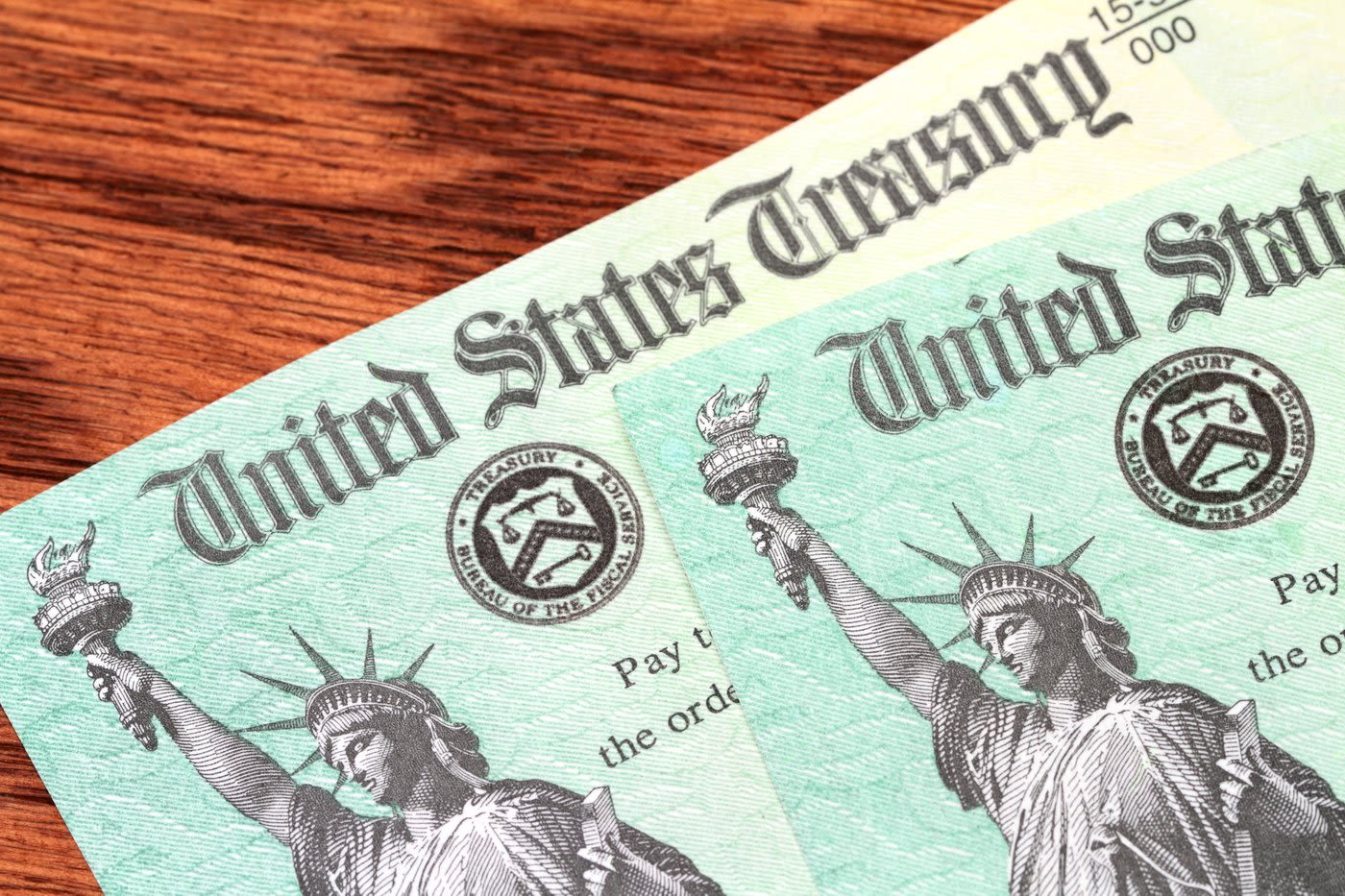Search results
- DictionaryEc·o·nom·ics/ˌekəˈnämiks/
plural
- 1. the branch of knowledge concerned with the production, consumption, and transfer of wealth.
- 2. the condition of a region or group as regards material prosperity: "he is responsible for the island's modest economics"
People also ask
Why is economics important?
What is financial economics?
What is economic growth?
What does macroeconomics study?
1 day ago · Definition. Economics is a social science that studies how products and services are produced, distributed, and consumed. It investigates how individuals, corporations, governments, and nations allocate resources to meet their demands and requirements, as well as how these entities should organise and coordinate their activities to maximise output.
3 days ago · economic growth, the process by which a nation’s wealth increases over time. Although the term is often used in discussions of short-term economic performance, in the context of economic theory it generally refers to an increase in wealth over an extended period. (Read Milton Friedman’s Britannica.
2 days ago · t. e. Financial economics is the branch of economics characterized by a "concentration on monetary activities", in which "money of one type or another is likely to appear on both sides of a trade". [1] Its concern is thus the interrelation of financial variables, such as share prices, interest rates and exchange rates, as opposed to those ...
3 days ago · Rules for Non-Radicals. A Liberty Classic Book Review of The Reason of Rules: Constitutional Political Economy, by Geoffrey Brennan and James M. Buchanan.1 Geoffrey Brennan and James Buchanan’s The Reason of Rules is remarkable. It is an important book, and the questions that the authors wrestle with are massive.
News about StoneTurn, Robert De Niro, Bank of Canada
News about US economy, Social Security, Personalized marketing
Also in the news
1 day ago · Behavioral economics aims to improve or overhaul traditional economic theory by studying failures in its assumptions that people are rational and selfish. Specifically, it studies the biases, tendencies and heuristics of people's economic decisions.
4 days ago · Economics is the social science that studies how individuals, businesses, governments, and societies make choices about how to allocate resources to satisfy their needs and want. Economics is concerned with analyzing how people make decisions, how markets operate, and how economies grow and develop over time.
4 days ago · Demand Theory: Definition in Economics and Examples. Demand theory is a principle relating to the relationship between consumer demand for goods and services and their prices. more.




